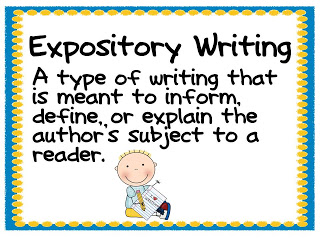

Clichés provide conventional ways of describing things, but they don’t tell the reader anything about your unique perspective on what you’re describing. It’s easy to end up using clichéd phrases-“cold as ice,” “free as a bird”-but try to reflect further and make more precise, original word choices. The use of effective adjectives is important, but so is your choice of adverbs, verbs, and even nouns. Writing descriptively involves choosing your words carefully. Sensory details used metaphoricallyFear is the smell of sweat, and the feeling you can’t breathe. Obviously not all senses will apply to every subject, but it’s always a good idea to explore what’s interesting about your subject beyond just what it looks like.Įven when your subject is more abstract, you might find a way to incorporate the senses more metaphorically, as in this descriptive essay about fear. Sensory detailsI feel the bonfire’s heat on my face, and smell the rich smoke filling the air. This means referring not only to what something looks like, but also to smell, sound, touch, and taste. Use your sensesĪnother key aspect of descriptive writing is the use of sensory details. You don’t have to fill every sentence with figurative language, but using these devices in an original way at various points throughout your essay will keep the reader engaged and convey your unique perspective on your subject. This is memorable because it’s not what the reader expects it makes them look at the park from a different angle. Here we have used a simile to compare the park to a face and the trees to facial hair. Figurative descriptionSmall groves are dotted across the face of the park like a patchy beard. If we want to make the description more likely to stick in the reader’s mind, we can use some figurative language. This tells us something about the place, but it’s a bit too literal and not likely to be memorable. Literal descriptionThere are patches of woodland in the park. Take the following description of a park. This is essential in a descriptive essay it’s what gives your writing its creative edge and makes your description unique. Use figurative languageįigurative language consists of devices like metaphor and simile that use words in non-literal ways to create a memorable effect. Make use of figurative language, sensory details, and strong word choices to create a memorable description. You’re not limited to providing a literal description as you would be in more formal essay types. The key to writing an effective descriptive essay is to find ways of bringing your subject to life for the reader. Think of objects and places you know well, that provoke specific feelings or sensations, and that you can describe in an interesting way. If you’re not given a specific prompt, try to think of something you feel confident describing in detail. Conceptual descriptive essay promptDescribe the feeling of envy. Sometimes you’ll be asked to describe something more abstract, like an emotion. Describe what it might be like to live on another planet.Describe the experience of a soldier in the trenches of World War I.You might also be asked to describe something outside your own experience, in which case you’ll have to use your imagination. Describe an object that has sentimental value for you.Describe a place you love to spend time in.They will often ask you to describe something from your own experience. When you are assigned a descriptive essay, you’ll normally be given a specific prompt or choice of prompts. Frequently asked questions about descriptive essays.


 0 kommentar(er)
0 kommentar(er)
